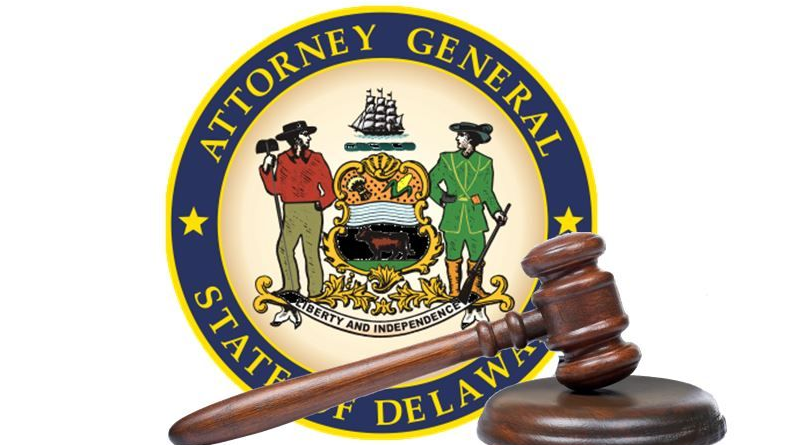Citing incarceration and recidivism rates that outstrip the national average, an unprecedented opioid epidemic, and a groundswell of public support for reform, Attorney General Kathy Jennings announced Monday morning more than 30 internal protocols and positions for the Department of Justice’s handling of issues from charging and sentencing to probation, bail, and expungements.
A memo to DOJ prosecutors and staff outlines a comprehensive body of presumptive guidelines that emphasize judicial discretion, increase diversion for lower-level offenses, reduce collateral consequences associated with criminal records, and guide an overall shift in focus toward more violent crime.
Key provisions of the memo include:
- Support for pretrial practices that deemphasize cash bail for routine misdemeanors
- Guidance to avoid unjust “stacking” of minimum mandatory sentences and to reduce requests for the Courts to declare a defendant a habitual offender in order to increase sentences, especially with non-violent crimes
- Policies that aim to address the opioid epidemic by relying on mental health and drug treatment needs before prison sentences
- Emphasis on diversion and alternatives to prosecution for several categories of low-level offenses, including simple possession of marijuana and prostitution
- Consideration of alternatives to prison that limit collateral consequences while accounting for public safety, such as house arrest
- Emphasis on judicial discretion in sentencing, shorter sentencing recommendations, probation in lieu of some prison sentences, and recommending judges limit probation to one year in most scenarios
- Opposition to the issuance of warrants and driving license revocation for failure to pay fines and fees when the accused is without the ability to pay
- Consideration of collateral consequences for undocumented victims and witnesses
- Juvenile justice provisions that encourage extended Family Court jurisdiction and discourage trying children as adults except when necessary
- Support for expungements for crimes that are now legal, and for nonviolent charges in which a nolle prosequi (a decision not to pursue charges) has been entered on the basis of insufficient evidence
- Support for pardons for isolated, non-violent crimes when the applicant has demonstrated sufficient rehabilitation
- All of Attorney General Jennings’ internal changes are presumptive guidelines; prosecutors will be able to seek exceptions to policies when individual cases’ facts and circumstances warrant the deviation.
Delaware Center for Justice Policy Director Kate Parker said the announcement made important progress on fairness in the criminal justice system.
Read the memo concerning the policy change here.
Source:DOJ

